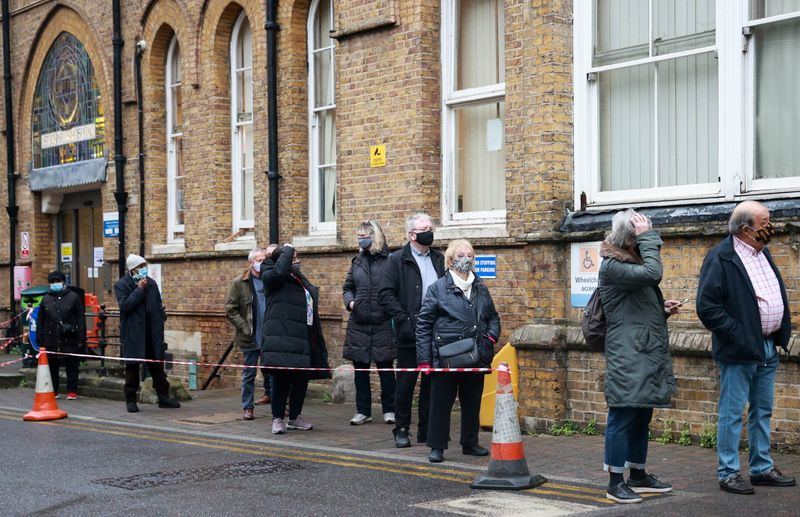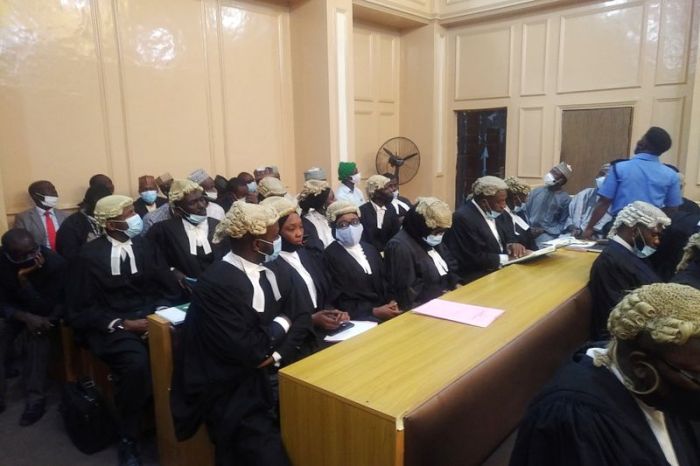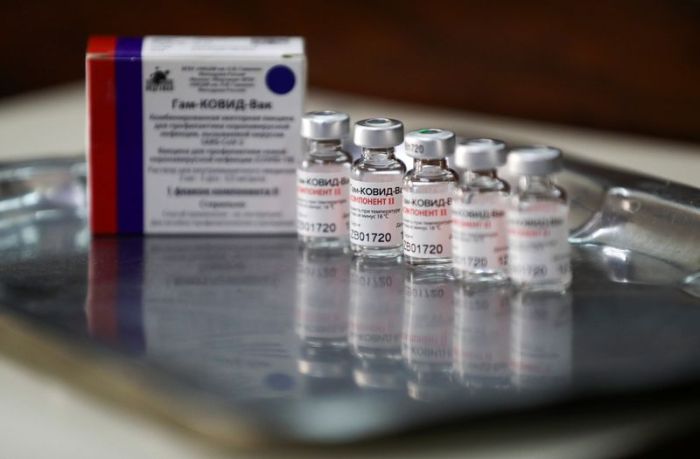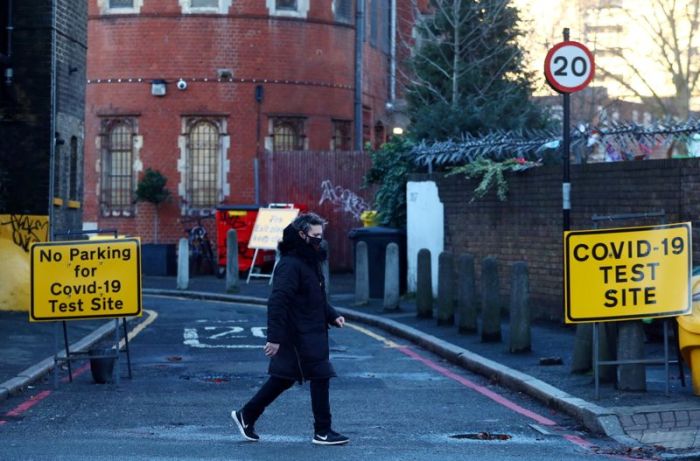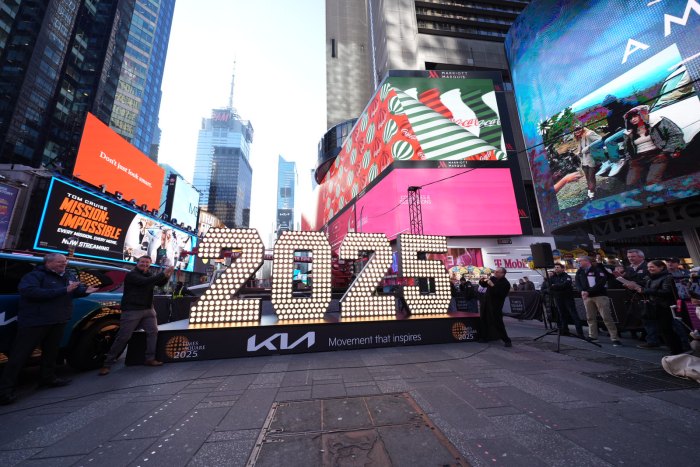(Reuters) – Three mutant COVID-19 variants that emerged in Britain, South Africa and Brazil pose a high risk in Europe, Europe’s disease surveillance agency said, while in the United States, President Joe Biden moved swiftly to coordinate a federal effort to fight the pandemic.
DEATHS AND INFECTIONS * Eikon users, see COVID-19: MacroVitals https://apac1.apps.cp.thomsonreuters.com/cms/?navid=1592404098 for a case tracker and summary of news.
EUROPE
* Hotspots of COVID-19 infections in the European Union will be labelled “dark red” zones and travellers from those areas will be required to take a test before departure and undergo quarantine, the chief of the bloc’s executive said on Thursday.
* French President Emmanuel Macron told his European Union counterparts France would make PCR tests compulsory for all travellers into France from Sunday, including from fellow EU countries.
* Portuguese Prime Minister Antonio Costa said on Thursday that all flights to and from Britain would be suspended from Saturday onwards as Portugal scrambles to tackle the rapid spread of the new variant of the coronavirus.
* It is too early to say when the national lockdown in England will end, British PM Boris Johnson said, as daily deaths reach new highs.
* The Netherlands will impose its first night-time curfew since World War II from Saturday onwards, while Portugal sought to slow contagion rates by ordering all schools to close for 15 days from Friday.
* France is now recommending people wear surgical masks in public because they offer better protection from transmission than fabric face coverings.
* Pfizer slashed in half the volume of vaccines it will deliver to some EU countries this week.
ASIA-PACIFIC
* Beijing launched mass COVID-19 testing in parts of the city, while Shanghai was testing all hospital staff, as China battles the worst outbreak since March 2020.
* Japan’s vaccine programme chief walked back on a goal to secure enough targeted supplies of COVID-19 vaccines by June, one month before the planned start of the Tokyo Olympics.
* Hong Kong will place tens of thousands of its residents in a lockdown to contain a new outbreak of the coronavirus, the first such measure the Chinese-ruled city has taken since the pandemic began, a local newspaper reported.
AMERICAS
* The U.S. House of Representatives is planning to bring a coronavirus relief bill to a vote the first week of February, Speaker Nancy Pelosi said.
* Mexico’s health ministry confirmed 1,803 new coronavirus deaths on Thursday, a daily record since the pandemic began last year in the country with the fourth-highest death toll.
* Even as President Joe Biden laments the nation’s sluggish COVID-19 immunization launch for a pace he calls “dismal,” West Virginia is touting its relative success in making the most of vaccine supplies it has received so far.
* It will not be possible to host carnival celebrations in July, Rio de Janeiro’s new mayor said, as Brazil’s second wave of coronavirus infections gathers steam with vaccine supplies still scare in Latin America’s biggest country.
MIDDLE EAST AND AFRICA
* Mali plans to buy over 8.4 million doses of coronavirus vaccine and expects to start a vaccination campaign in April, the council of ministers said in a statement on Thursday.
MEDICAL DEVELOPMENTS
* Amazon Inc said on Thursday it will open a pop-up clinic in its Seattle headquarters on Jan. 24 with an aim to vaccinate 2,000 eligible members of the public against COVID-19 on the first day.
* Pfizer and BioNTech have agreed to supply their COVID-19 vaccine to the World Health Organization co-led COVAX vaccine access scheme, two sources familiar with the deal said.
ECONOMIC IMPACT
* Asian shares eased from record highs on Friday as investors took some money off the table after a recent rally that was driven by hopes a massive U.S. economic stimulus plan by incoming President Joe Biden will help temper the COVID-19 impact. [MKTS/GLOB]
* Oil prices fell in early trade, retreating further from 11-month highs hit last week, on worries new pandemic restrictions in China will curb fuel demand in the world’s biggest oil importer.
(Compiled by Krishna Chandra Eluri, Devika Syamnath and Veronica Snoj; Editing by Giles Elgood, Sriraj Kalluvila and Arun Koyyur)

